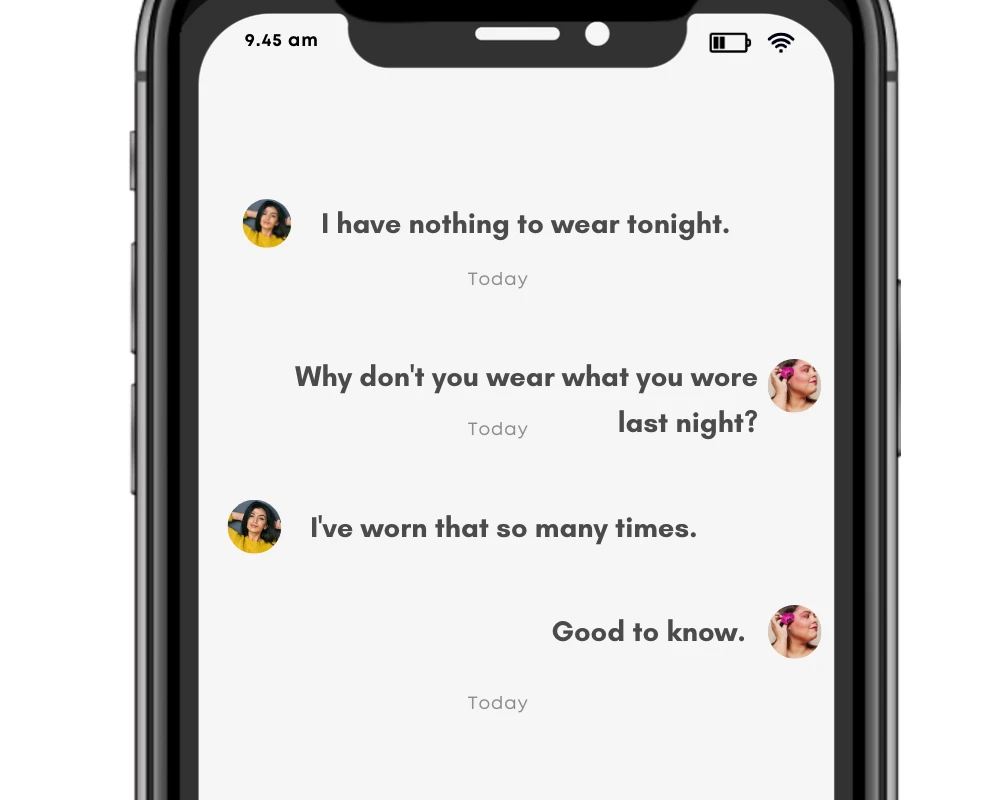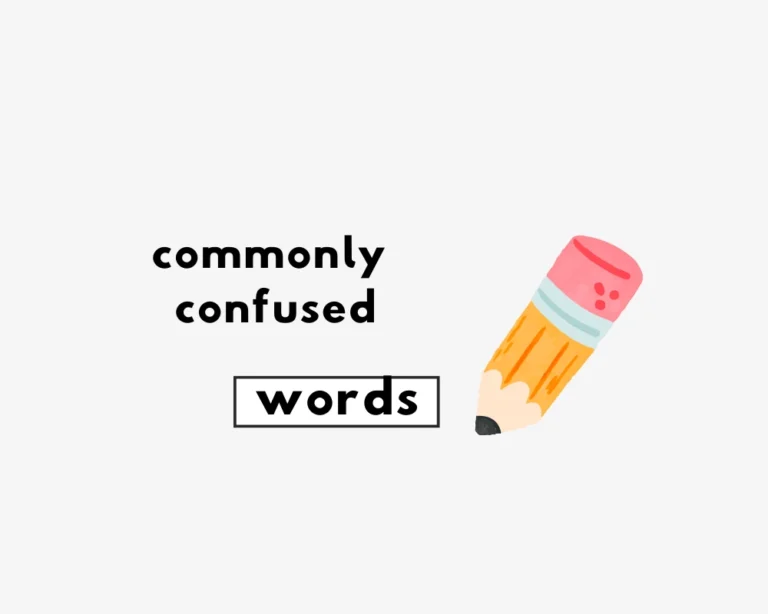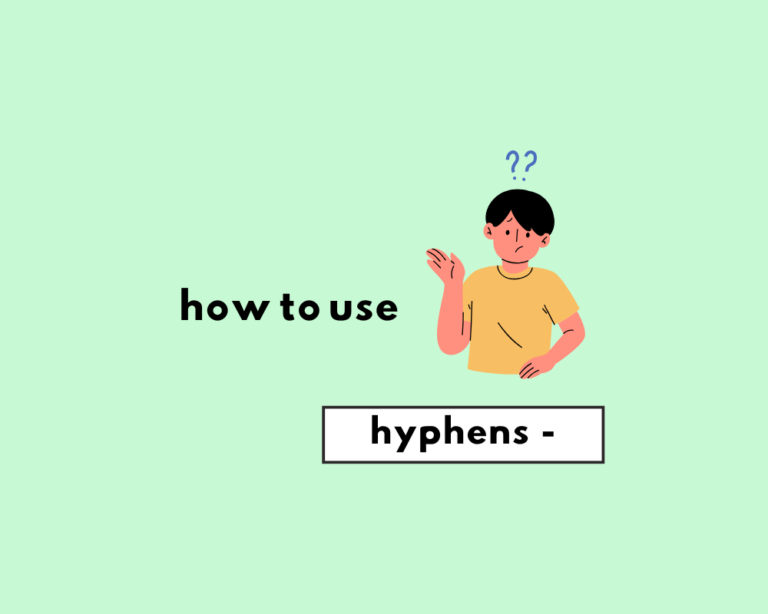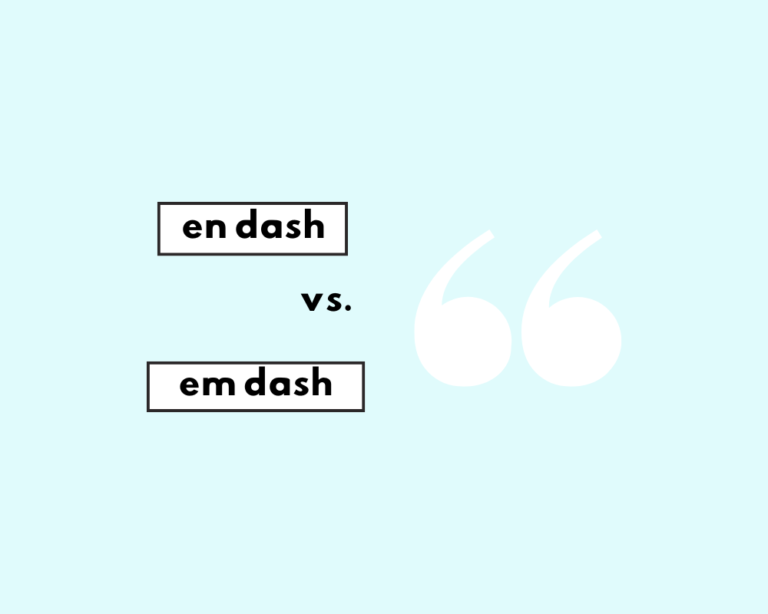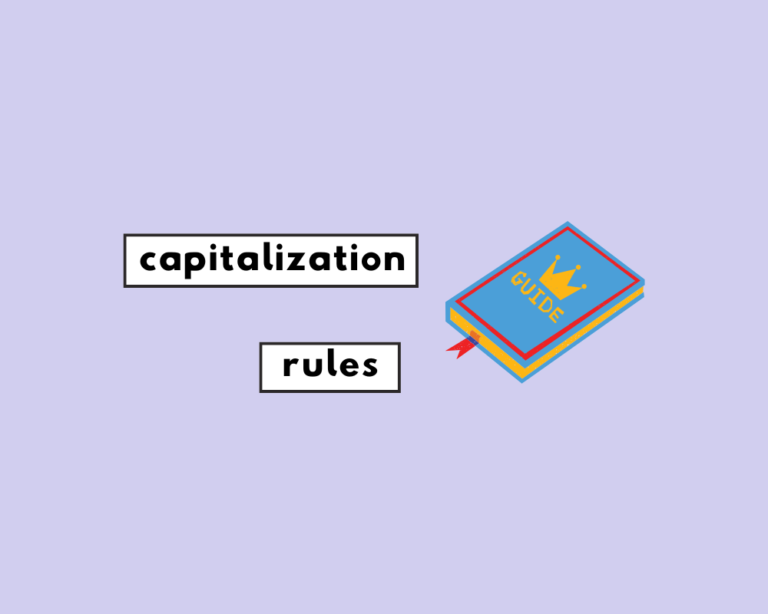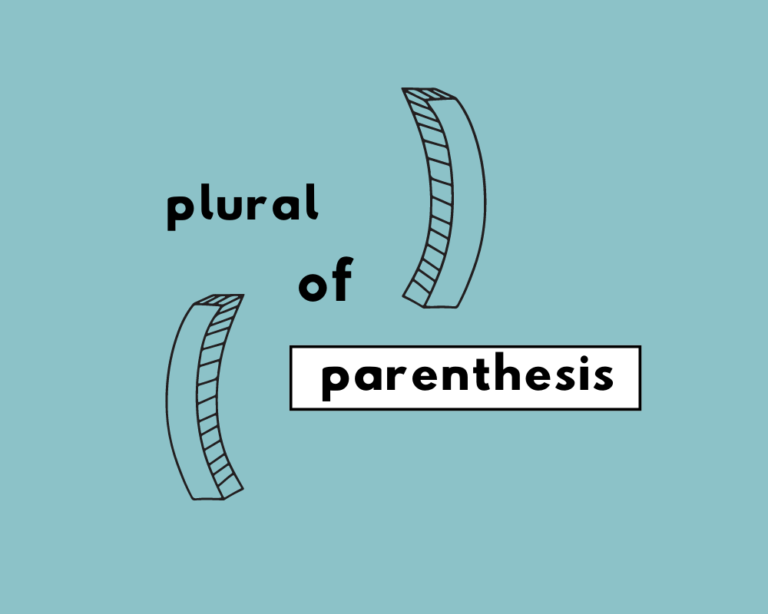What’s the past tense of “wear”?
Have you worn that shirt already? Will you wear it again? If the grammatical aspects of the verb wear cause confusion, then you’re in the ‘write‘ place. Stay as long as you like, there’s no such thing as wearing your welcome!
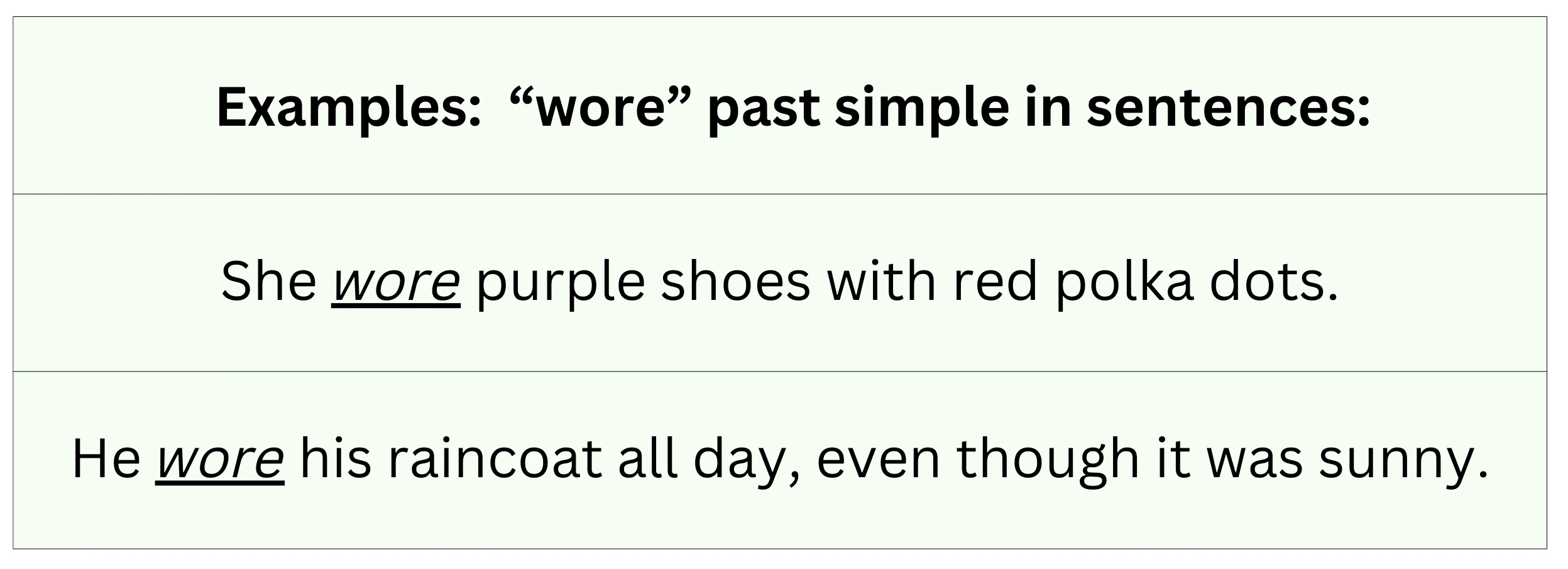
Forms of the verb wear
To start with a definition, the verb wear is understood as ‘to have something on your body as a piece of clothing, a decoration, etc.’.
| Tense: | Sentence examples: |
| Simple present tense *third-person singular: | She wears a beautiful dress to the party. |
| Present continuous tense: | I am wearing my new shoes today. |
| Present perfect tense: | He has worn that old hat for years. |
| Present perfect continuous: | I have been wearing these shoes for years. |
| Simple past tense: | You wore that shirt yesterday! |
| Past continuous: | I was wearing a raincoat when the storm started. |
| Past perfect tense: | The sheets had worn thin. |
| Past perfect continuous: | I had been wearing the same clothes for days when they found me. |
| Simple future tense: | I will wear the bracelet you got me tomorrow night. |
| Future continuous tense: | Tomorrow, I will be wearing my new sunglasses. |
| Future perfect tense: | By next summer, she will have worn her wedding ring for ten years. |
| Future perfect continuous: | In six months, I will have been wearing this uniform for two years. |
Here’s a chart with verb forms similar to wear/wore/worn, insofar as they also have three verb forms in total (and are irregular verbs that do not end in –ed in their past verb forms):
| base verb | past tense | past participle |
| wear | wore | worn |
| tear | tore | torn |
| swear | swore | sworn |
| steal | stole | stolen |
| break | broke | broken |
When to use wore vs. worn
Compare these sentences:
Past tense: Both men wore confident smiles.
Past perfect tense: The sheets had been worn thin.
Worn, which is the past participle form of wear, uses an auxiliary verb, ‘had‘ in order to form the past perfect tense or aspect in grammar. The past perfect tense, also called pluperfect, is used to describe when something happens before another event that also took place in the past.
The simple past tense is much simpler, as its name suggests, and does not use supplementary helper verbs to show tense. Nevertheless, this is how we tell apart the past simple tense vs. the past perfect: when the past participle verb form joins the auxiliary, ‘had‘, this is the past perfect. To be sure, the simple past tense, wore, can stand on its own in sentences as a whole tense.
“Wear”/ “wore” / “worn”, used in sentences
| Examples: wear, present tense |
| The carpets are starting to wear. She always wears black. Hannah preferred to wear her hair short. I’ve been wearing that jacket for years. |
| Examples: wore/worn |
| I’d worn a blue shirt to the funeral, but my dad asked me to change. The water had worn a channel in the rock. Those curtains have worn very well. You wore that shirt yesterday! I wore my new slippers for the first time last night. |
Worksheet: verb forms, ‘wear’
| Select the correct verb form to complete the sentence: | Answer options: |
|---|---|
| 1. I ___ a blue tuxedo to the wedding. | a. worn b. had worn c. wear d. wearing |
| 2. Those curtains ___ very well. | a. wear b. wore c. have worn d. wearing |
| 3. Both men ___ confident smiles. | a. wear b. wearing c. wore d. were |
4. I’ve got nothing to ___. | a. wearing b. wears c. wore d. wear |
5. She never ___ make-up. | a. wearing b. wears c. worn d. wearing |
| 6. I’m ___ shorts and a t-shirt. | a. wear b. wears c. worn d. wearing |
Answers
- b
- c
- c
- d
- b
- d
Phrases with wear
- wear thin
- to wear a long face
- to wear your heart on your sleeve
- wear and tear
- the worse for wear (in poor condition from being used a lot)
Origin of the verb wear
From etymology online on wear (v.):
Old English werian “to clothe, put on, cover up,” from Proto-Germanic wasīn-* (source also of Old Norse verja, Old High German werian, Gothic gawasjan “to clothe”), from PIE wos-eyo-, suffixed form of wes- (2) “to clothe,” extended form of root *eu- “to dress.”
Learn more about verb conjugations!
- What’s the past tense of spread?
- What’s the past tense of lead?
- What’s the past tense of choose?
- What’s the past tense of fly?
- What’s the past tense of lay?
- What’s the past tense of drive?
- What’s the past tense of draw?
Learn more about verbs
Sources
- Harper, Douglas. “Etymology of wear.” Online Etymology Dictionary, https://www.etymonline.com/word/wear. Accessed 15 January, 2023.


